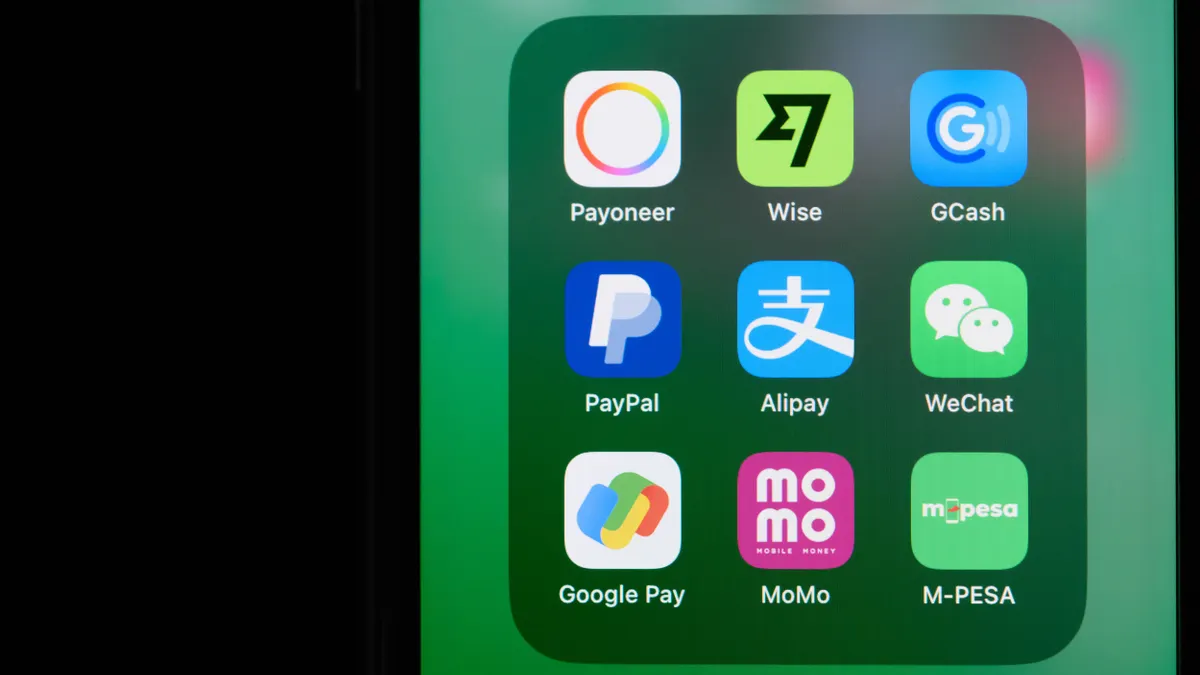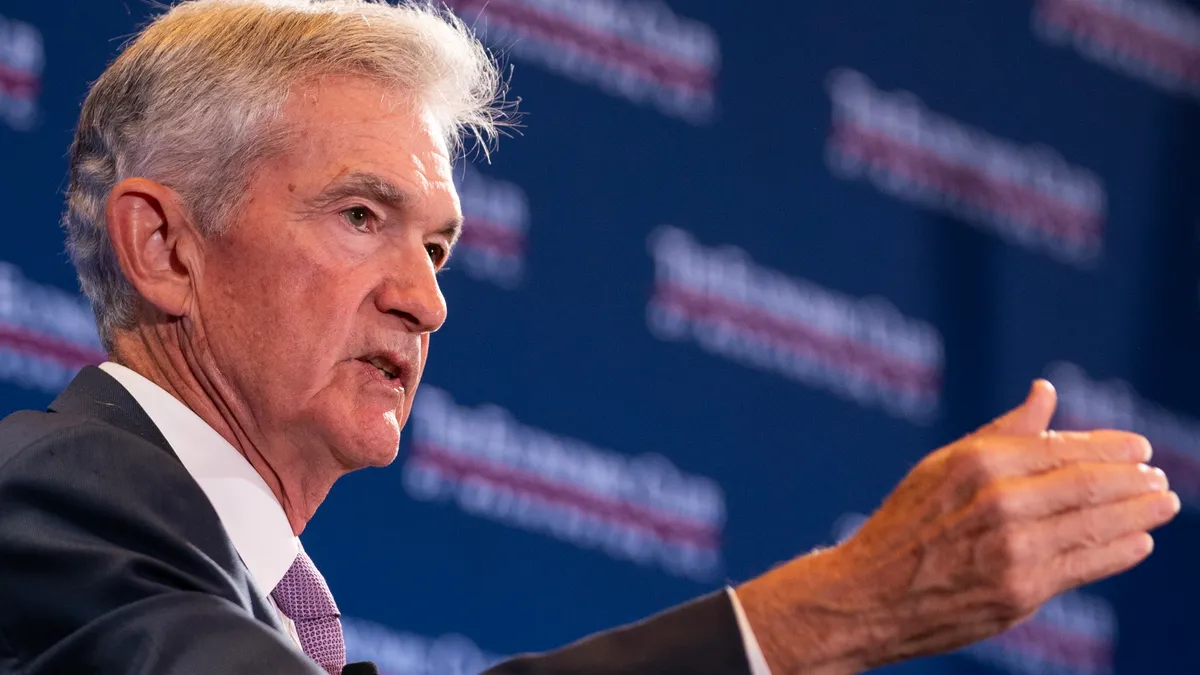The most important part of financial planning during a crisis? Communicating everything you know, even if you don't know what's to come, panelists said at the MIT Sloan CFO virtual summit Friday.
Leading from the front is "absolutely critical" for Judy Romano, vice president and CFO of commercial and technology for InterContinental Hotels Group. "This is when we need to show what leadership is all about, and be transparent, If you don't know something, say so. Otherwise, people start making things up, and that's really not good."
Despite the challenges and uncertainty in the hospitality industry in 2020, Romano has maintained a focus on innovation and upskilling her teams, particularly when it comes to digital transformation.
"I've realized we don't have all the tools we might need, so I've been investing in my staff and team," she said. "To show, despite the uncertainty, there are things we can still do to create value."
Planning has come to the forefront for Thomas Peff, product marketing director at Workday. "Sometimes budgeting and forecasting exercises can be in a dark corner," he said. "Certainly, over the last nine months, forecasting has come front and center, and a lot of that falls to the office of finance."
CFOs have been put in a very difficult situation, in which the organization needs their guidance and their vision for the future, Peff said.
"There's been a lot of stress on planning processes," he said. "Can we make payroll? Can we afford to handle collections problems? It's uncovered a lot of difficulties people have in their processes."
Investments continue in 2021
Going into 2021, all the panelists have their eyes on investments.
"The reality is, we don't yet have a vaccine, and there are a lot of travel restrictions," Romano said. "In the last nine months, we've learned the importance of nimbleness and agility, and we're much more proactively looking for change than we have in the past."
Romano has been upskilling her team and seeking out the necessary skill requirements among new hires. "You can teach budgeting and forecasting, but some things that are predominant now are understanding and being able to digest large amounts of data," she said.
"We're a high growth company and we need to keep investing to deliver that growth," Patrick Brickley, senior vice president and CFO of SaaS company Everbridge, said. "During uncertain times, the companies who invest tend to be the winners in the long run. So, we don't have an option; we need to continue investing, despite headwinds of macro uncertainty."
As with many software companies, Everbridge isn't experiencing customer churn, but, Brickley said, customer collections timing has been impacted, which hits cash flow.
"Customers are using our platform in ways our business model didn't contemplate, which puts pressure on our profitability," he said. "Additionally, our natural employee attrition has grinded to a halt, Every year, we know some people will leave, but this year, that hasn't really been happening. That's a resource we usually count on having available to reinvest, because it takes time to backfill people."
Filling the gaps
Without nearly as much of this resource as usual, Brickley has to double down on performance management, and identify areas of low productivity, even as a growth company, and has to be more proactive and prescriptive.
"A lot of our planning has historically been top-down, but now we have to be much more bottom-up," he added. "That requires way more business partnering with the team."
Glenn David, executive vice president and CFO of animal vaccine and medication company Zoetis, said his field, like Brickley's, due to its essential classification, has been very resilient.
Its main investment in 2020 has been in direct consumer advertising. "People are at home with their pets, and are noticing their ailments," David said. "We've seen a very positive return on that advertising."
Zoetis has also continued all its capital expenditures and investments in R&D. "There's been a shift in some of the resources, but we've kept at it to maintain long-term growth," he said.
"Because there's so much uncertainty, we don't know which projects we'll be able to fund," Peff said. "Folks have had to pivot substantially in terms of resource allocation. Usually it's just tinkering around on the margins, but now, people have ro recreate business models to survive, and that's been traumatic for organizations to be able to track and manage."
Evolving roles
To drive efficiencies, Peff has zeroed in on Workday's product portfolio, looking for growth drivers and considering the customer base.
"The way we've dealt with hospitality folks has differed from with software folks," he said. "Be cognizant of what's going on with your customers when you make these decisions."
For Brickley, his job is not so much scenario planning as scenario management, he said. "Be hyper-aware of what the worst possible case looks like, how the business would endure it, and how it would prevent it. Be as detailed as you can about it; the last thing we or shareholders want is a last-minute surprise."
By nature of being a SaaS company, if Everbridge books a deal today, it will recognize that revenue over the next 12 months, Brickley said.
"To get ahead of a challenge, we've got to start now, because once a challenge arrives, it's too little, too late," he added. "COVID really makes our customers react in unexpected ways. We've had to revisit prioritization to make sure we're investing in the right ways. We're investing more in customer usage data, to see how they're using the product, as well as customer success outreach."
The pandemic has driven Everbridge customers to act in unexpected ways, Brickley said, and that also applies to its prospective customers. "We have to revisit our Salesforce structure," he said. "We're publicly traded, so we can't just miss some quarters. We're doing early testing on our comp plans to see what works, and codifying those into next years' plans. We're reprioritizing and upfront testing at a much more granular level."
At Zoetis, David is trying to simplify as much as possible.
"There's so much uncertainty for next year, so we just want to find the range of outcomes at a simplified level," he said. "That's how we're adapting: trying to understand the burden on the organization, and know our ability to predict 2022 or 2023 right now is pretty unrealistic."
InterContinental has delayed its budget process entirely, Romano said. "Knowing what we'll do 18 months out is impossible under current circumstances."
Eyes on guidance
From a communications standpoint, Brickley works to make sure his voice is heard with context, and can speak through a highly siloed agenda, especially during turbulent times.
"I'm now like a sales manager with a CPA," Brickley said. "I'm trying to smell the over-optimism, and make sure we get it out."
Zoetis has continued sharing guidance all throughout the pandemic, David said, because it still had the responsibility to give investors a range of potential outcomes.
"We may be outside of those ranges, but we did, when we put guidance out, expand the range, because there was tremendous uncertainty," he said. "We also were much more detailed in our assumptions that built out that guidance, so people could understand, if we were above or below, what might've happened to bring us there."
Some of Zoetis' industry peers haven't provided guidance, David said, and it hasn't negatively impacted them. "But I still thought it's our responsibility to provide it," he said.
As a Fortune 100 publicly traded company, InterContinental normally provides guidance twice a year, Romano said.
"We've given more frequent, transparent and detailed guidance, and are getting a little bit deeper, having investors understand the realities," she said. "We also take more time to talk to investors one-on-one to make sure we answer any questions. We're focused on being a good partner, and not losing trust."
Bottom line: communication is #1
Brickley agrees with Romano on a foundational principle: even if, as CFO, you have no guidance to provide, say so.
"We wouldn't want folks to fill the vacuum if we don't put out guidance," Brickley said. "My approach, with the CEO, is to think of the downside as something to get ahead of, and to build back from there. If we see A, then we will do B. That's helped us stay nimble so far."
As a public company CFO, Brickley said he sleeps better knowing what the downside could be, and seeing it coming, so he can adequately react to it.
"As opposed to, in the past, where I relied on where I thought the business would be," he said. "I wouldn't sleep well if I continued with that approach in this environment."























